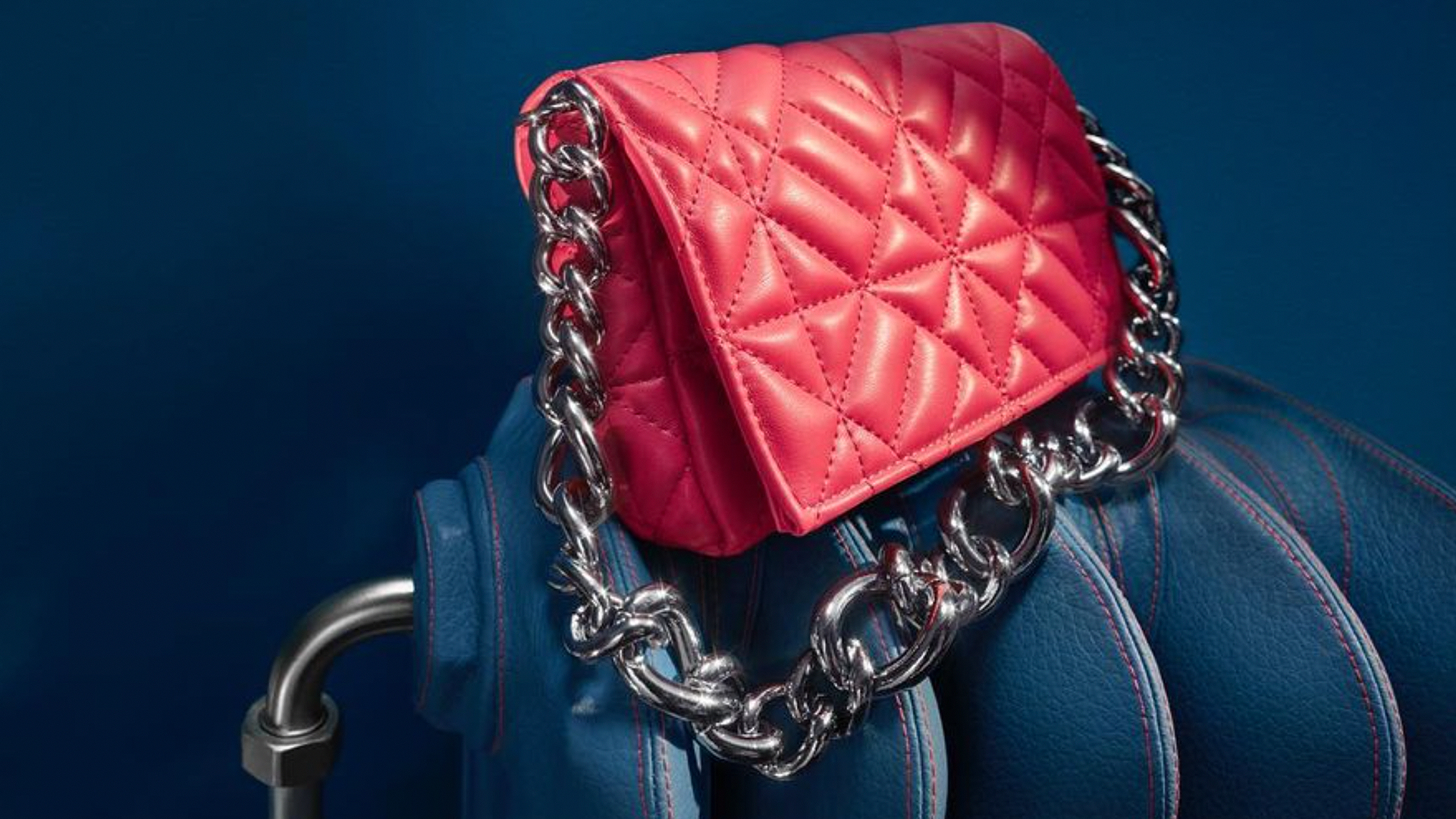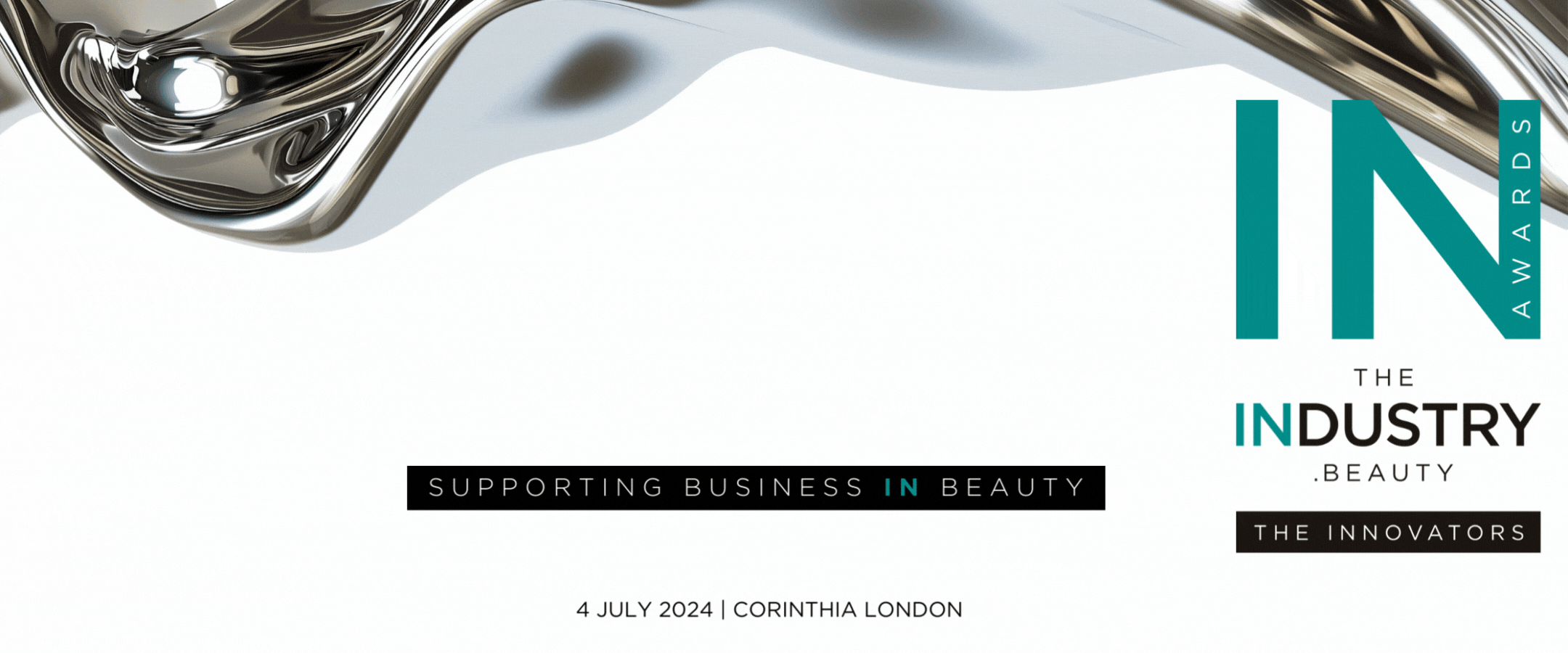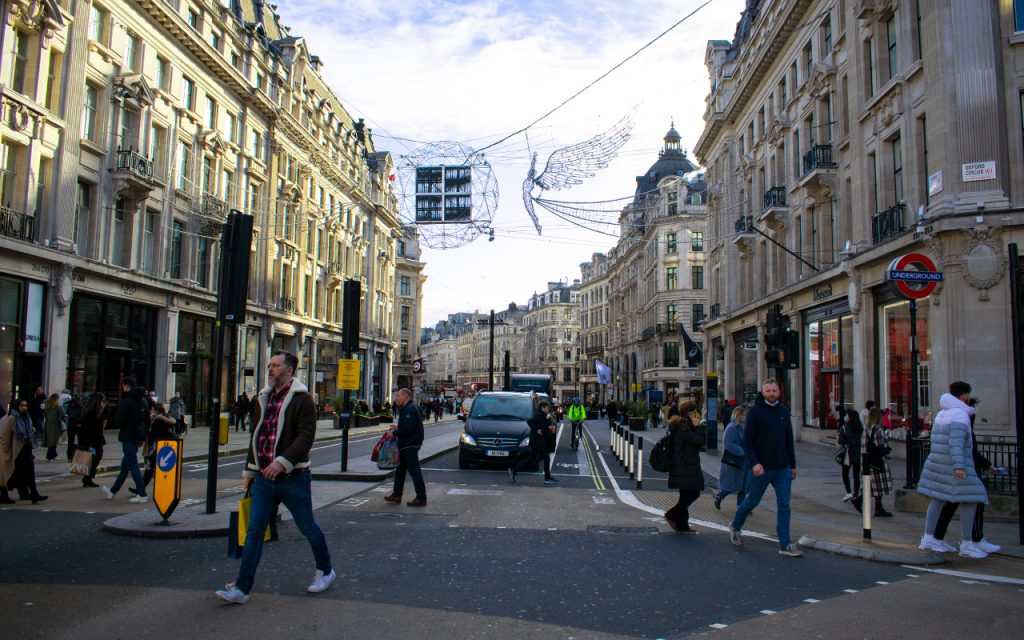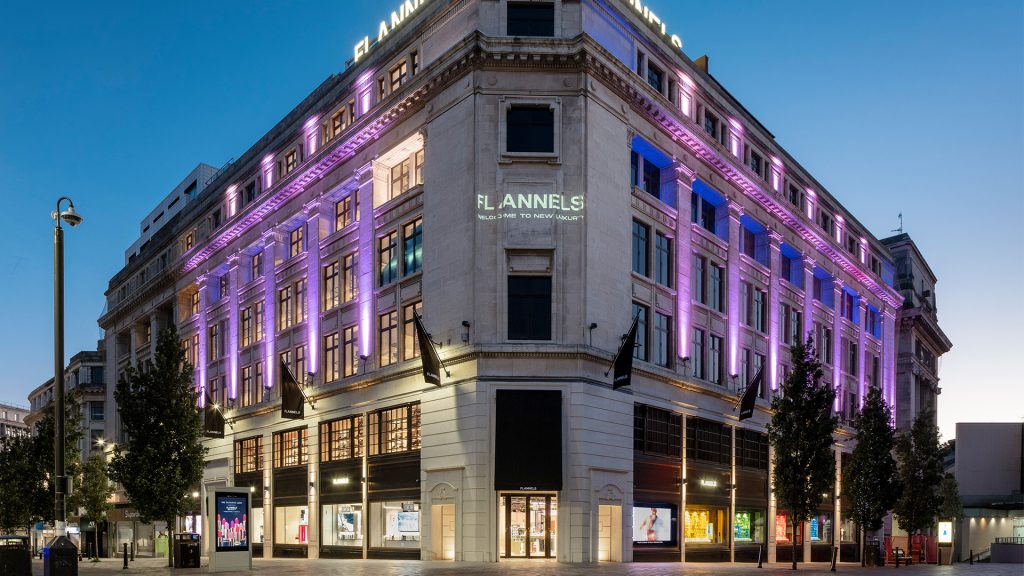How the pandemic and a shift to conscious consumption has created a new, younger generation of luxury consumer
Prior to the pandemic it was assumed that luxury brands’ courting of younger consumers via digital channels, was a strategy to future-proof their business and cultivate a consumer of the future.
However, the arrival of pandemic has turned that idea on its head. Perhaps somewhat surprisingly, the closure of stores, the pressures on income and the curtailing of social activity, has transformed Generation Z and Millennials into the luxury consumers of today and not just the future.
When you examine these factors more closely, though, that the under-40 consumer should now feel more inclined to invest in luxury goods, across all categories, makes perfect sense.
According to a new study of 5,000 luxury consumers across five different countries, carried out by Dynata on behalf of Klarna (The State of Smoooth: Unpacking Luxury in 2022 which can be download here), younger consumers are now focused on better quality, longer lasting products and are turning to luxury brands to buy them.
Gen Z and Millennials learn towards luxury
This is particularly true on a UK level – here 2 in 5 (43%) of shoppers, bought a luxury product in the past 12 months – where the luxury consumer is getting notably younger. Pre-pandemic baby Boomers and Gen X-ers were regularly considering and purchasing luxury products. However, since 2020, Gen Z (49%) and Millennials (37%) have become more likely to seek luxury items than other generations.

One of the reasons for this shift is that younger consumers are twice as likely to consider luxury products to be more sustainable, and the younger the consumer the more true this statement becomes. In addition, when combined with more flexible ways to buy, luxury items are now not only desirable but more accessible than ever before.

Innovation leads to engagement and spend
As well as the sense of quality and durability that luxury brands portray, younger consumers are also likely to be more in tune with innovation across the board, be that the ability to buy products via an app (nearly 3 in 5 of high-end shoppers – 55% – want to use a mobile app) or the opportunity presented by speedy deliveries. Just 7% of Baby Boomers expect one-day delivery, while this figure rises to 33% of Gen Z shoppers (note to brands and retailers, Gen Z is also far more likely to share its experience of shopping with peers, adding pressure to deliver on promises).
But the biggest digital innovation that is quite literally on everyone’s lips is the Metaverse. Of those who had heard of the Metaverse, some 80% said they would be interested in shopping there, with Gen Z (at 84%) and Millennials (at 79%) being the most excited by the idea. Bearing this in mind, it is hardly surprising to see brands in this space collaborating with gaming platforms, such as Balenciaga’s high profile tie-up with Fortnite.
It is worth brands and retailers noting also that your social media followers are far more likely to turn into future shoppers as well. So engagement on social channels is crucial for converting future sales. All social channels are important and which one/s you invest in will depend on which target group you wish to attract. For instance, Instagram is the most popular social channel driving luxury purchases among Gen Z (53%) and Millennials (58%), while Facebook leads the way for Gen Xers (73%) and Baby Boomers (86%).
Resale and rental drives spend on new product
One of the other great retail trends to emerge from the pandemic is the resale and rental market and this has played into the hands of the luxury market. If consumers feel they can use their purchase as a future asset, to be rented or resold when appropriate, then they are more likely to make the investment in the first place. This would explain why brands in this space – which had previously worked hard to eradicate resale as far as possible to avoid perceived damage to their new sales channel – are now embracing it and understand the power it has to convert new, full-price sales.
Overall some 18% of shoppers in the survey consider the resale value of a product before buying it and this rises to 23% among Gen Z shoppers. Resale also speaks to Gen Z’s heightened sustainability sensibilities and their wider, more enthusiastic adoption of the sharing economy.
Physical retail retains its attraction
With all the talk of metaverse and shopping via apps – plus global lockdowns forcing the closures of physical stores – it might be tempting to assume that this new generation of luxury consumer has learnt to live without the physical store. But this is not true.

While 1 in 2 shoppers who bought luxury in the past year did so online, when it comes to preference, physical retail wins out with 78% of luxury shoppers considering touching and seeing a product essential to the luxury shopping experience. Millennials are the category of consumer most likely to believe this to be true or the most likely to value the opportunity of trying items before they buy them.
Overall, though, the overriding theme to come through the study is the importance of brand. All of the above factors feed in to a consumer’s sense that the brand is something they are prepared to invest and believe in, so when it comes to luxury and what new consumers want, that at least hasn't changed at all.
For further indepth insight on consumer behaviour in the luxury realm and how brands and retailers can adapt to it, download the full The State of Smoooth: Unpacking Luxury in 2022 report here.
In proud partnership with







